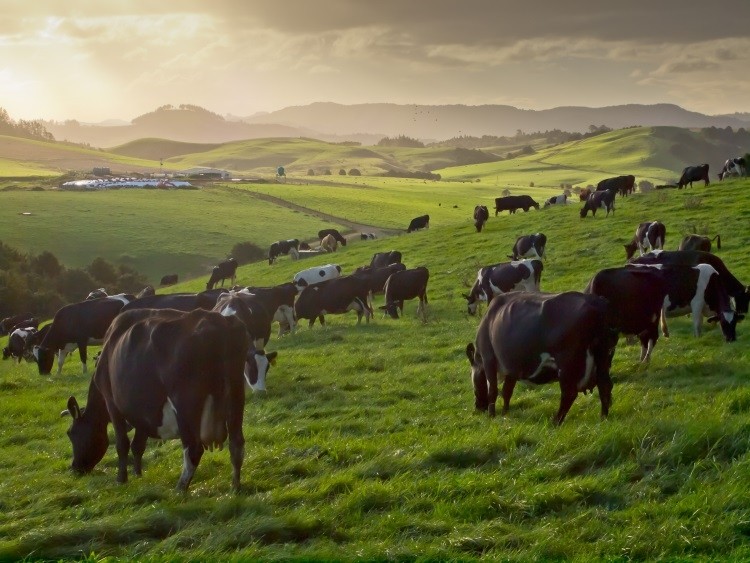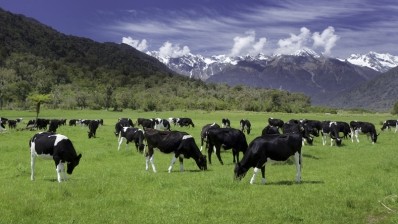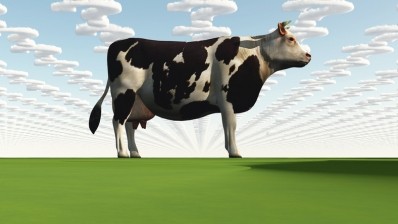New Zealand cattle emissions lower than previously estimated

Conducted by research institute AgResearch, the report is based on a more accurate calculation of the nitrous oxide emissions from sheep, beef and dairy production, which shows that nitrous oxide emissions are two-thirds and one-third respectively lower than previously thought.
According to the new nitrous oxide measurement, each sector’s total greenhouse gas emission is the following:
• Total sheep emissions (including methane and nitrous oxide emissions) will be around 10.6% lower than previously reported.
• Total beef cattle emissions (including methane and nitrous oxide emissions) will be 5% lower than previously reported.
• Total dairy cattle emissions (including methane and nitrous oxide emissions) will be 1.4% lower than previously reported.
The improvement in the calculation of emissions results in a 4.4% reduction in the agriculture sector’s overall reported emissions for 2017, and a 2.1% decrease in New Zealand’s overall reported emissions.
This new research will mean livestock’s overall contribution to New Zealand’s greenhouse emissions is lower than previously calculated.
It will also lead to a reduction in the carbon footprints for livestock production in New Zealand, as a percentage of total emissions, particularly sheep, which is already very low compared to the carbon footprint of sheep and beef in other countries.
“The agricultural sector is committed to playing its part in tackling the challenge of climate change, and the New Zealand sheep and beef sector has already reduced its overall greenhouse gas emissions by more than 32% since 1990, whilst maintaining similar levels of production,” said Beef + Lamb New Zealand’s (B+LNZ) chief insight officer Jeremy Baker. “This research highlights how understanding about livestock’s contribution to warming is continuing to evolve, and the importance of continuing to invest in science in these areas.”
More details on the research can be found here.







